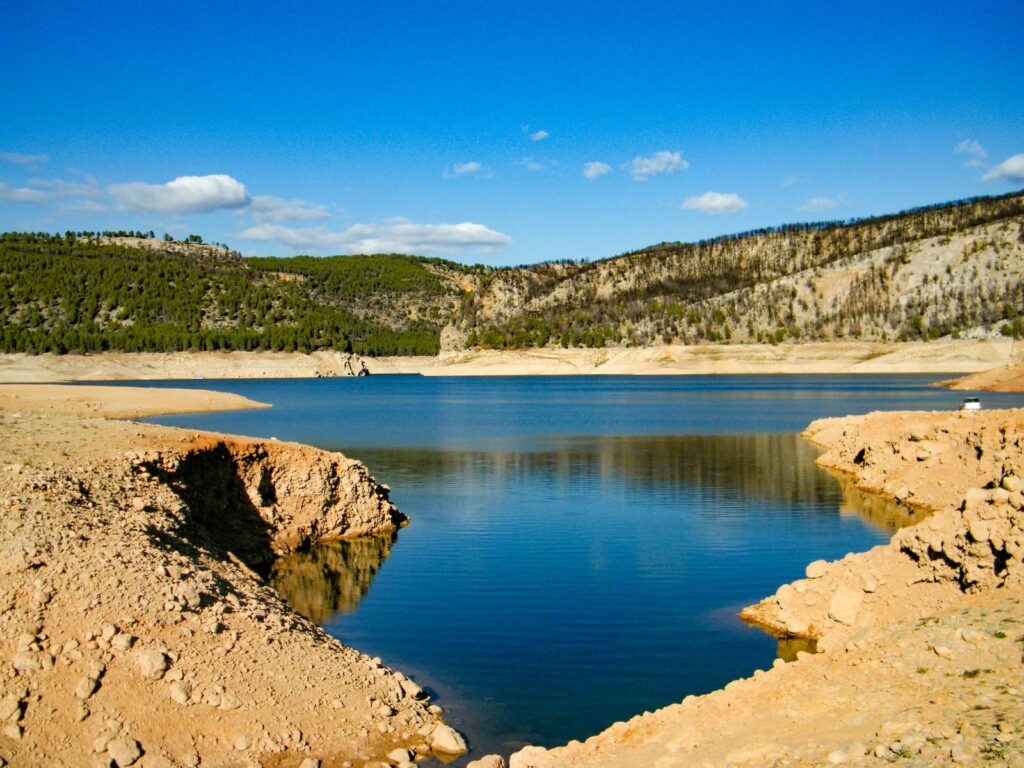Opinion: Climate negotiators ignore food and water security at our peril
Having spent years in developing nations, including a month in Pakistan in September 2022, adventurer, travel writer, after dinner speaker and Environment Journal correspondent Ian Packham considers the necessity for including serious discussions on food and water security with those on reducing greenhouse gas emissions and limiting global temperature rises.
If most climate activists are keen to keep the attention focused on limiting global temperature rises to 1.5°C, the world’s poorest citizens are more concerned with day-to-day food and water security. Talks on the matter are scheduled for just one day – one shared with discussions on the role of women in fighting climate change – at COP27. Meanwhile, two days were given over to headline-grabbing speeches from heads of state.
A huge amount of media coverage was given – rightly – to this year’s climate change-induced flooding in Pakistan. As I witnessed for myself, the flooding of the River Indus devastated the country’s agricultural heartland of Punjab province, and forced millions of rural farmers from their fields.
This is sure to have an affect on the availability and price of staples such as wheat and rice in the coming year, regionally and internationally. Once an exporter of wheat, Pakistan now has to import some $1.6 bn each year, and that’s before the additional stresses in the global food market due to the Russian invasion of Ukraine are taken into account.
90% of Ukrainian and Russian wheat exports head to the Horn of Africa. This region – Kenya, Ethiopia and war-torn Somalia – has received very little attention as it enters a period when the last five rainy seasons have failed to materialise. It’s forecast that next year’s rains are also likely to fail.
Are we really going to wait until the sorts of scenes which triggered the Live Aid concerts in 1985, when I was one and a half years old, to act this time around? As things stand, 21 million people in this region alone face starvation.
Ironically, there have been reports of long queues for food at COP27 in Sharm El Sheikh. Food and water security go, or at least should go, hand in hand with other discussions around the climate crisis, and COP summits are exactly the right place for them.
Increasing global temperatures are already having an impact on what crops can be grown. At the same time, I know first-hand that erratic weather has made the lives of farmers from Mozambique to Bangladesh harder for at least the last decade.
With farming (primarily in the global north where beef consumption is highest) contributing significant levels of atmospheric carbon, no solutions to the climate crisis can possibly succeed without taking food and water security into consideration.
This hasn’t bypassed Egypt’s President Sisi, as his country hosts the summit. Earlier in the year war loomed with Ethiopia as the latter began filling its Grand Ethiopian Renaissance Dam on the Nile, a river which contributes around 90% of Egypt’s fresh water needs.
Sisi has already recognised that the river can no longer fully support his country’s population. This has jumped from 34 million in 1970 to over 104 million people today. Egypt has reached the UN’s definition of ‘water scarcity.’
Back in Pakistan, it’s estimated that around 70% of the Indus’ flow, used as a source of drinking water and for agricultural irrigation, begins life in the glaciers of the Karakorum and greater Himalayas.
Already affected by erratic snowfall and outburst melting events, Pakistan’s glaciers cannot survive a rise in temperatures of more than 1.5°C. This puts the food and water security of tens of millions of largely voiceless people in the hands of a few hundred negotiators on the Red Sea who are complaining about the scarcity of takeaway lunches there.
Photo by Águeda Belldo
















